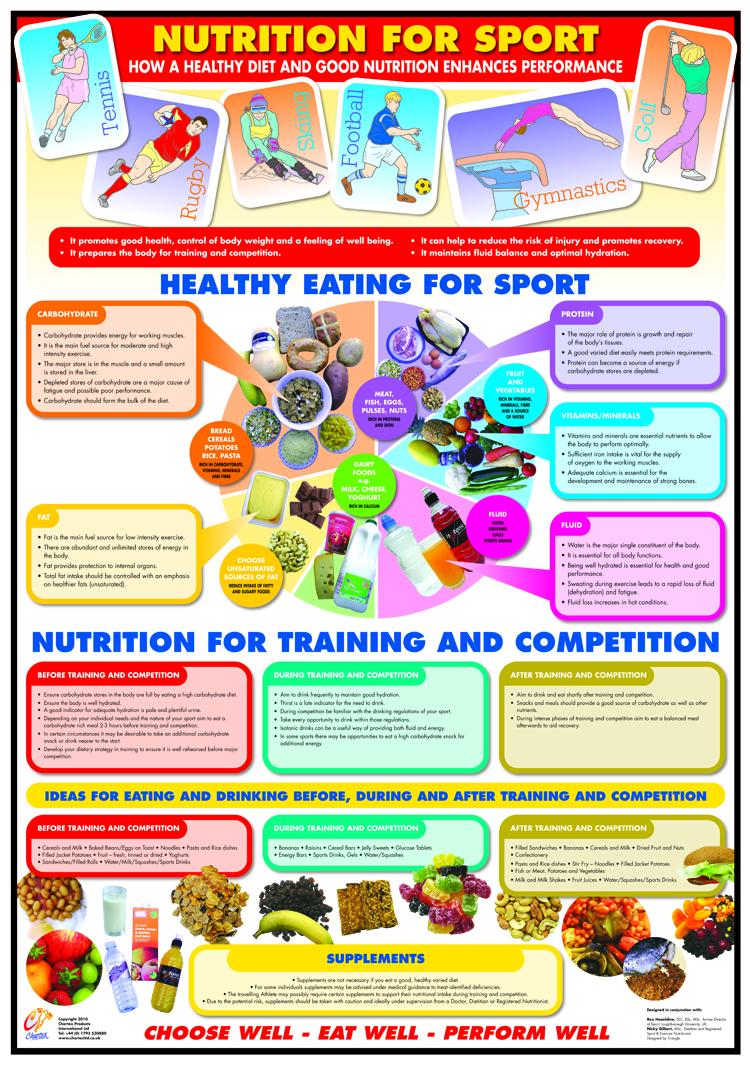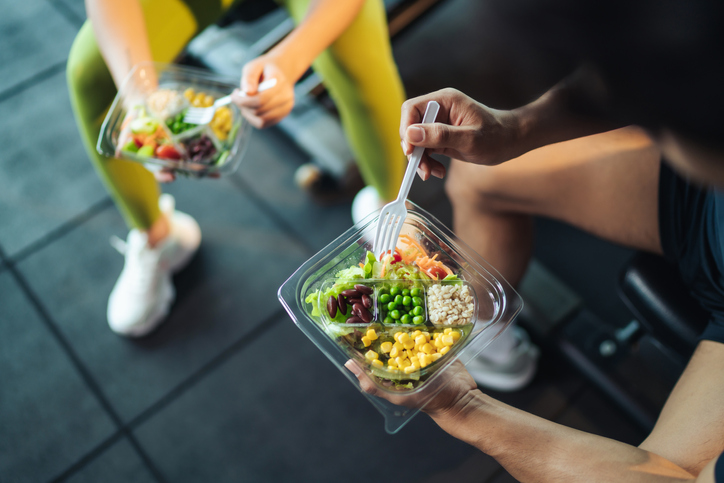Degrees in sports nutrition
Homeostatic mechanisms related to the balance of fats, carbohydrates, and proteins are thought to help regulate eating behavior and energy balance . Increased energy and macronutrient intake after exercise may be related to substrate oxidation, so athletes are more likely to consume foods high in carbohydrates, post-workout, to restore carbohydrate balance https://overview-casinos-us.com/. However, this is not always observed in scientific research, as there are differences potentially associated with the design of the experiment and the population being studied . Much of the research on macronutrient regulatory systems relates to energy intake and obesity . Much of the research on macronutrient regulatory systems relates to energy intake and obesity. The results may apply differently to populations of athletes wherein carbohydrate intake during exercise is common practice and wherein training adaptations may affect product use .
American-style football (ASF) athletes are at risk for cardiovascular disease (CVD) and exhibit elevated levels of serum neurofilament light (Nf-L), a biomarker of axonal injury that is associated with repetit…
There is a reported mismatch between macronutrient consumption and contemporary macronutrient guidelines in elite standard squash players. Suboptimal dietary practices could be due to a lack of nutrition knowl…
Endurance athletes typically consume carbohydrate-rich diets to allow for optimal performance during competitions and intense training. However, acute exercise studies have revealed that training or recovery w…

Armed sports nutrition
This Guide includes a variety of materials—from short summaries to detailed information—with additional resources and important tips for nutrition at home, in garrison, and during deployment. Each command has specialized missions, with the duration of deployments ranging from 30 days to 12 months. Long missions far from central support pose nutritional concerns, and good solutions are not always possible. The Guide covers strategies for optimizing nutrition for all phases of military life.
Recognized by leading anti-doping and sporting organizations around the globe and trusted by elite athletes, armed forces personnel, sports nutrition consumers and fitness trainers for its ability to reduce banned substance risk minimisation measures.
This is in order to enable athletes, anti-doping bodies, sporting organizations and nutrition industry groups to easily identify products certified for quality and safety through rigorous pre-registration audits before testing every batch sold before sale.
The Warfighter Nutrition Guide (WNG) evolved into its first edition after many conversations, discussions, and interactions with military, fitness, and nutrition experts. Human Performance Resources by CHAMP (HPRC) updates it periodically to keep pace with new developments in nutrition and wellness.
Informed-Sport, a programme of quality assurance for the sports nutrition industry and its suppliers, tests supplements independently for substances on the World Anti-Doping Agency’s (WADA’s) list of banned substances.
Sports nutrition jobs
Nutritionists in private practice may also be hired to consult for individual athletes or teams for special competitions such as the Olympics. Some jobs may be available in stores and for companies which sell sports nutrition supplements.
Becoming certified by organizations recognized by the Institute for Credentialing Excellence can make you more competitive when trying to land a sports nutrition job. An exercise certification through the American College of Sports Medicine is well respected in the field.
Fitness-focused nutrition jobs can be found in many commercial gyms and fitness centers, as well as community centers such as YMCAs. Individuals will need at least a bachelor’s degree in a nutrition program to qualify for this type of job and in some cases a Registered Dietitian is required.
Sports nutrition jobs focus on improving the performance of athletes by offering dietary guidance that will result in muscle gain, weight loss, improved endurance, increased energy or increased strength. Sports nutrition jobs are most often available within collegiate athletics or professional sporting organizations.

Nutritionists in private practice may also be hired to consult for individual athletes or teams for special competitions such as the Olympics. Some jobs may be available in stores and for companies which sell sports nutrition supplements.
Becoming certified by organizations recognized by the Institute for Credentialing Excellence can make you more competitive when trying to land a sports nutrition job. An exercise certification through the American College of Sports Medicine is well respected in the field.
Elite sports nutrition
We’re taking performance to a new level – with the ESN Gym. This means not only the best supplements, but also the perfect environment for your performance. Our goal is to set the highest standards not only with our products, but also with our training environment. Train from October in Germany’s best performance fitness studio – the ESN Gym by Prime Time Fitness including ESN Storefront.
Athletes should consume a wide variety of micronutrients—to cover all nutritional bases—but they’re most often deficient in vitamin D, magnesium, zinc, and calcium. They also tend to come up short in phytonutrients.
While you might have heard that low-carb diets help athletes, the body of scientific evidence just doesn’t support that.9 Rather, getting enough carbs is crucial for optimizing your performance, recovery, and body composition.
This guide to eating healthy on a budget can be a useful resource, but if you’re a coach who’s working with an athlete, it can also help to understand the problems presented by “food deserts” and “food insecurity.”)
Athletes need more protein than non-athletes. That’s because protein is necessary to repair the muscle damage caused by hard-training and intense competitions. When athletes don’t eat enough of this nutrient, it’s harder to build muscle, lose fat, and recover from practices, workouts, and games.
